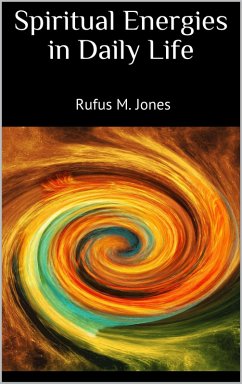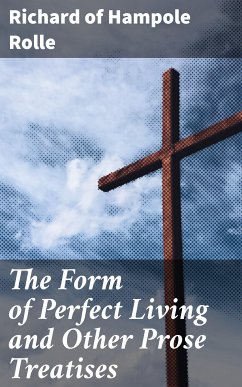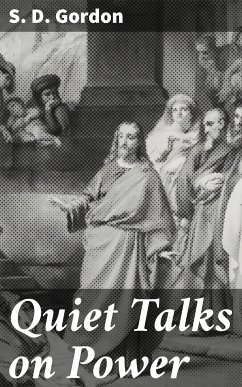
Genuine Mediumship; or, The Invisible Powers (eBook, ePUB)
Enriched edition. Unlocking the Secrets of Spiritual Communication
Kommentar: Oakley, Tristan / Redaktion: Good Press

PAYBACK Punkte
0 °P sammeln!
In "Genuine Mediumship; or, The Invisible Powers," William Walker Atkinson delves into the intricate realms of spiritualism and mediumship, presenting a comprehensive exploration of the unseen forces that shape human experience. Atkinson's literary style is both didactic and approachable, blending philosophical inquiry with practical guidance, making complex metaphysical concepts accessible to a broad audience. Set against the backdrop of the late 19th-century spiritualist movement, the book is situated within a burgeoning interest in the paranormal, challenging readers to reconsider the bound...
In "Genuine Mediumship; or, The Invisible Powers," William Walker Atkinson delves into the intricate realms of spiritualism and mediumship, presenting a comprehensive exploration of the unseen forces that shape human experience. Atkinson's literary style is both didactic and approachable, blending philosophical inquiry with practical guidance, making complex metaphysical concepts accessible to a broad audience. Set against the backdrop of the late 19th-century spiritualist movement, the book is situated within a burgeoning interest in the paranormal, challenging readers to reconsider the boundaries of reality and the nature of human consciousness. William Walker Atkinson, a prolific writer and influential figure in the New Thought movement, was deeply invested in exploring the intersection of science and spirituality. His extensive background in philosophy, coupled with his personal experiences in the realms of meditation and spiritual practice, informed his desire to illuminate the principles of mediumship. Atkinson's insights embody a synthesis of Eastern and Western thought, driven by a quest to elevate human understanding beyond conventional perceptions. This book is highly recommended for anyone intrigued by the mysteries of psychic phenomena or the philosophical underpinnings of spiritual practice. Atkinson's rigorous yet insightful approach not only invites readers to contemplate the metaphysical but also empowers them to delve deeper into their own spiritual journeys. In this enriched edition, we have carefully created added value for your reading experience: - A succinct Introduction situates the work's timeless appeal and themes. - The Synopsis outlines the central plot, highlighting key developments without spoiling critical twists. - A detailed Historical Context immerses you in the era's events and influences that shaped the writing. - A thorough Analysis dissects symbols, motifs, and character arcs to unearth underlying meanings. - Reflection questions prompt you to engage personally with the work's messages, connecting them to modern life. - Hand-picked Memorable Quotes shine a spotlight on moments of literary brilliance. - Interactive footnotes clarify unusual references, historical allusions, and archaic phrases for an effortless, more informed read.
Dieser Download kann aus rechtlichen Gründen nur mit Rechnungsadresse in A, B, BG, CY, CZ, D, DK, EW, E, FIN, F, GR, H, IRL, I, LT, L, LR, M, NL, PL, P, R, S, SLO, SK ausgeliefert werden.













